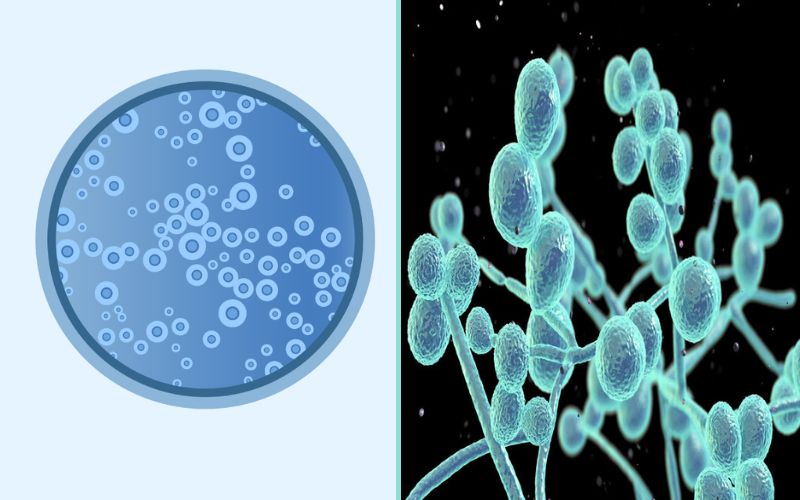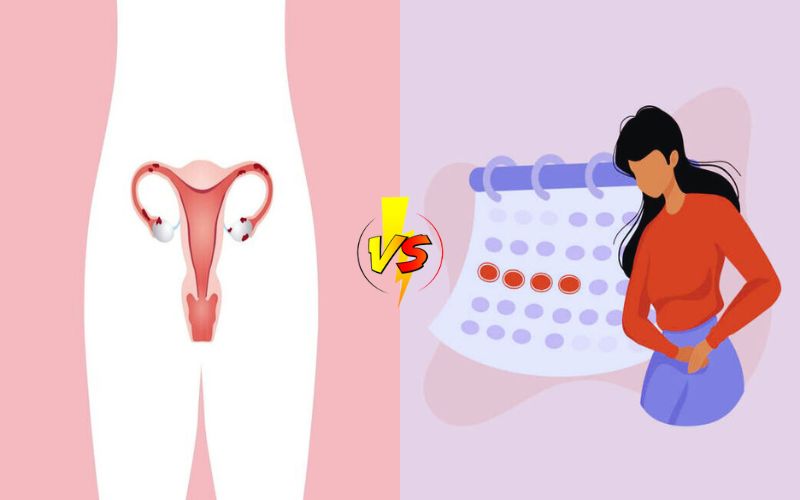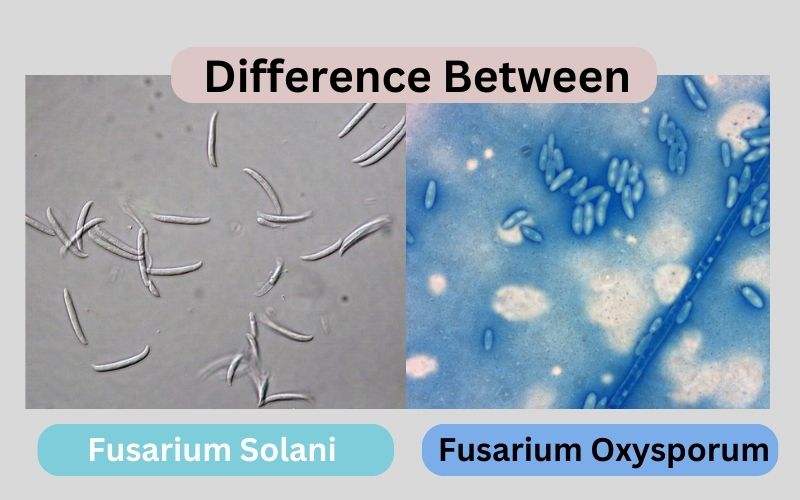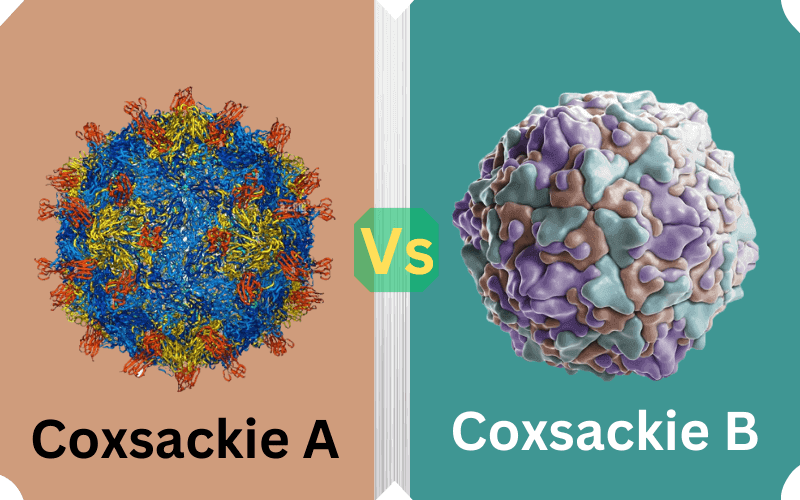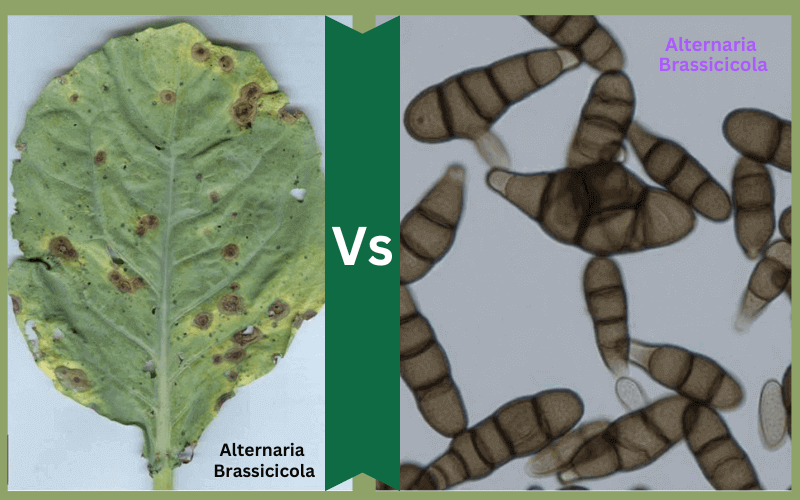Cryptococcus neoformans and candida albicans Discover the contrasts between Cryptococcus neoformans and Candida albicans, two
Ovulation and Menstruation Ovulation and Menstruation are integral parts of the menstrual cycle, with ovulation
Introduction of Bovine and Marine Collagen Bovine and Marine Collagen are protein supplements that offer
Fusarium solani and Fusarium Oxysporum are fungal pathogens with distinct pathogenic mechanisms and host interactions,
Coxsackie A and B viruses are members of the Enterovirus genus, causing a range of
Overview of Alternaria Brassicae and Alternaria Brassicicola Alternaria Brassicae and Alternaria Brassicicola are two closely
View More
